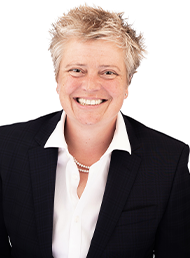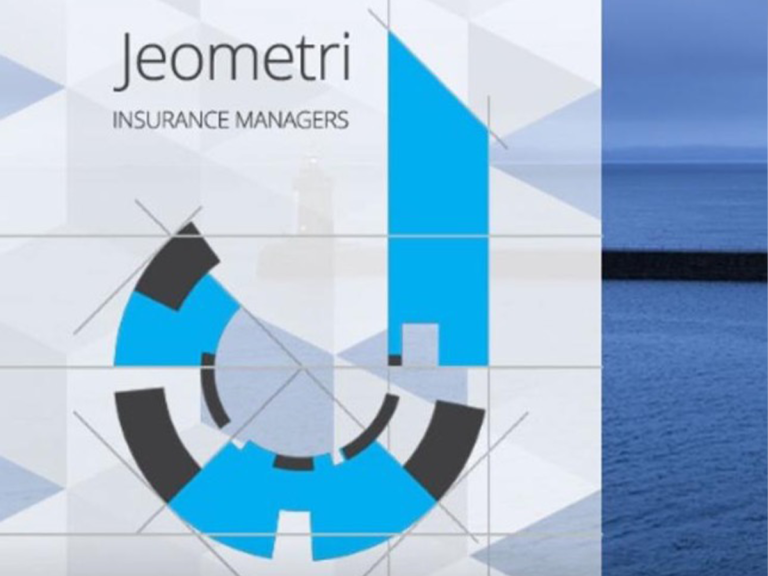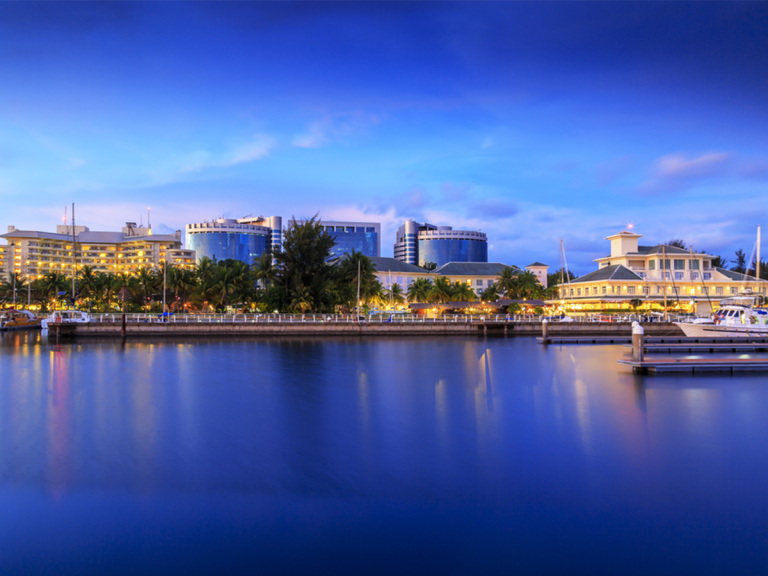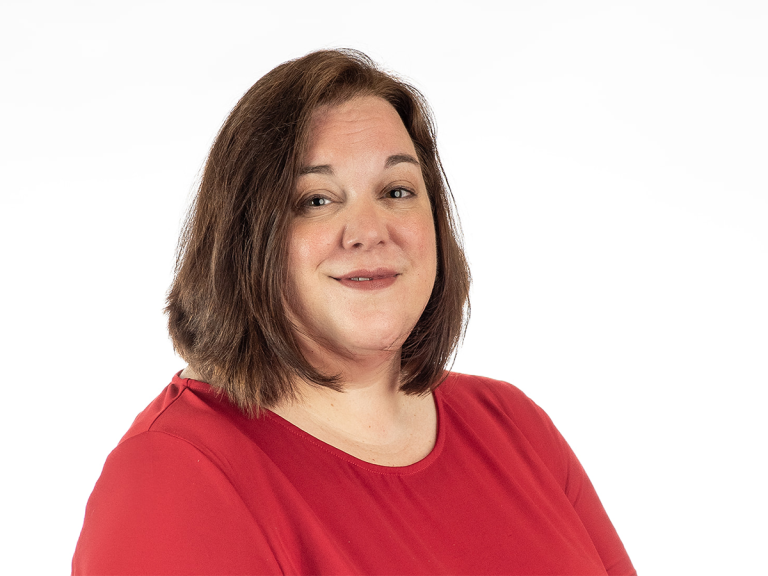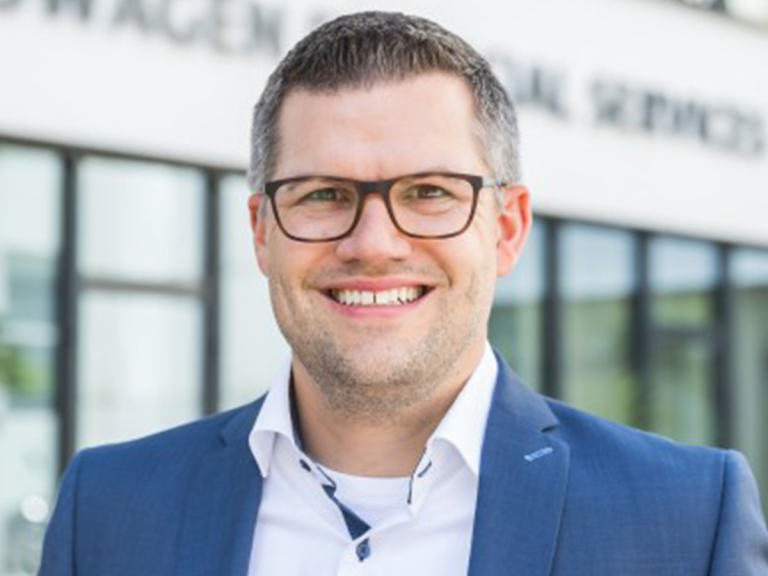Financial services company Alpha Growth PLC’s recent acquisition of Guernsey-based Jeometri Insurance Managers will provide the captive manager with “numerous opportunities” going forward, according to Darren Wadley, founder and executive director at Jeometri.
Alpha Growth PLC received regulatory approval for its acquisition of Jeometri on Monday 9 September, acquiring 93% of the firm.
The rest of the shares will be retained by Wadley who will remain in his current role.
“I intend to leverage their established presence in the UK, USA, and Bermuda, as well as their numerous contacts to benefit Jeometri’s business,” Wadley told Captive Intelligence.
“This partnership will certainly open up new avenues for collaboration and growth.”
Wadley said he plans to discuss with the board the possibility of opening an office in Europe, which he believes will be a necessary step in the medium to long term.
“However, it will only be pursued once we are confident in our operations and offerings in Guernsey,” he said. “I have ambitious growth plans, but it’s important to manage this expansion carefully.”
Jeometri currently manages two protected cell companies (PCCs), one life PCC and one general insurance PCC, while there is another PCC and a standalone general insurer in the pre-application stage.
“Given our size, we have chosen not to take on a large number of companies,” Wadley added.
“Instead, we’ve focused heavily on delivering excellent service to fewer clients.”
Wadley said Alpha’s focus areas are insurance-linked wealth and asset management solutions, which align well with Jeometri’s operations.
“They already own a licensed insurer in Guernsey, and that’s where the conversation began,” he said.
“They saw us as a strategic acquisition to grow and strengthen their services in Guernsey. It worked out quite nicely for both sides.”
Wadley said the partnership will enable Jeometri to increase its staff numbers and benefit from the knowledge, skills and experience gained over the last seven years managing insurance companies.
Jeometri is currently focused on niche insurance areas such as retail general insurers.
“There is still a lack of capacity in the market, particularly for niche books of business and for very large risks,” he said.
“Many of these risks are becoming increasingly difficult to insure. This situation is opening up opportunities when it comes alternative ways of capitalising insurance vehicles and finding new sources of capital.”
He said Jeometri is in the early stages of exploring this area and is looking at potential investors who are interested in working with insurance companies and providing additional capital.
When it comes to traditional captives, Wadley said they are “relatively simple” and while he would like to be involved in that space, he believes it is becoming less “dynamic”.
“Captives tend to be very sticky, meaning they often remain with their initial service providers unless there are specific reasons for a change,” he said.
“There are new captives emerging, but some managers have better access to these opportunities than we do.”
“Although it’s not an immediate focus for us in terms of business development, it’s an area I’d like to explore and grow into.”
